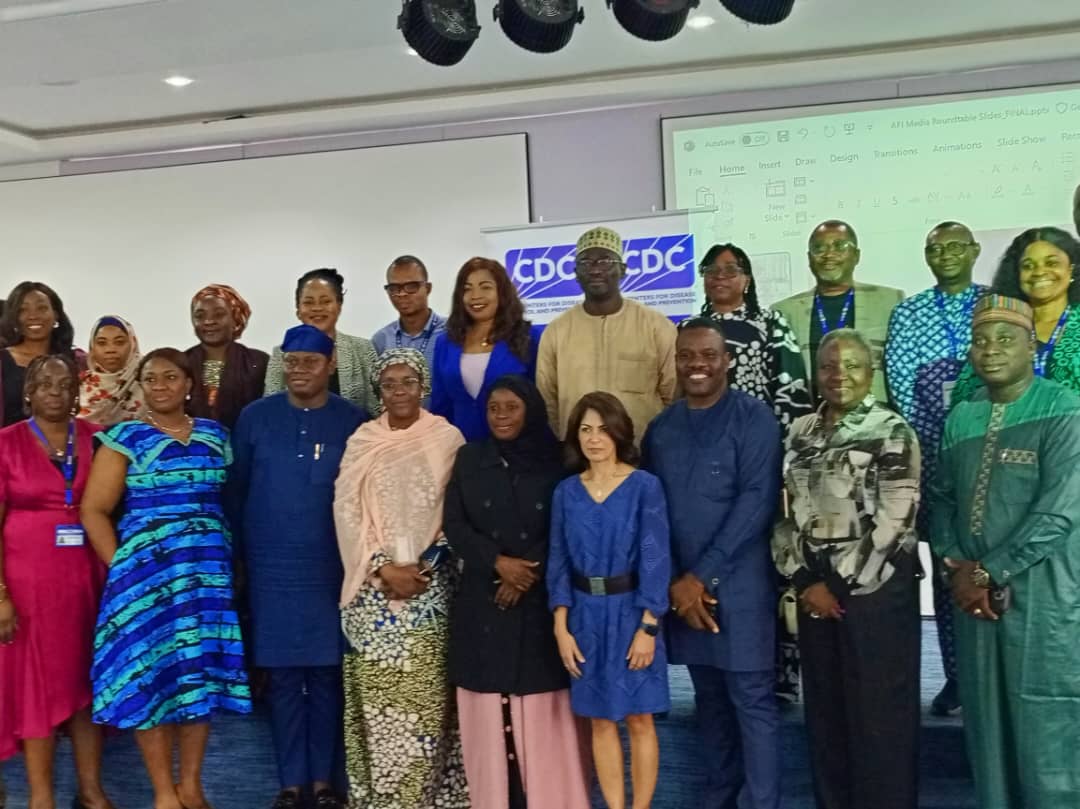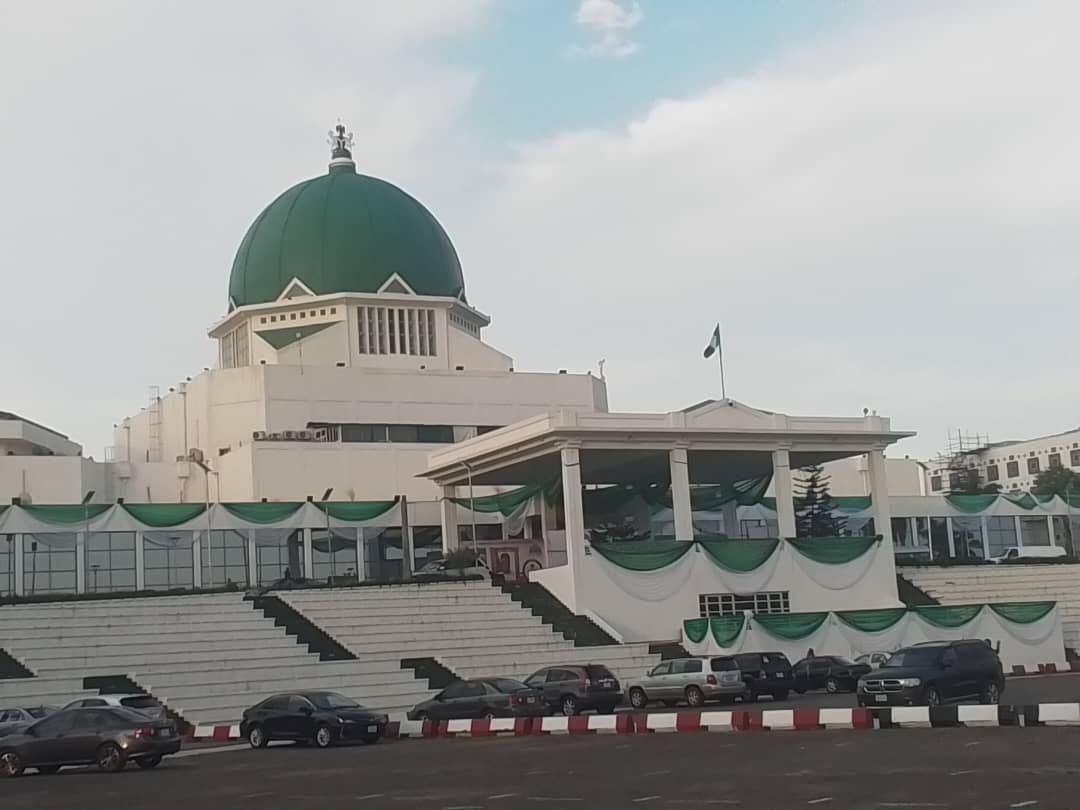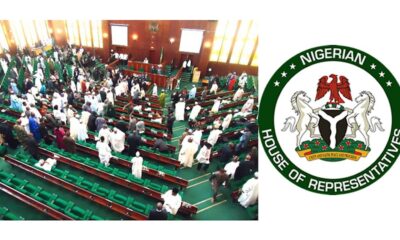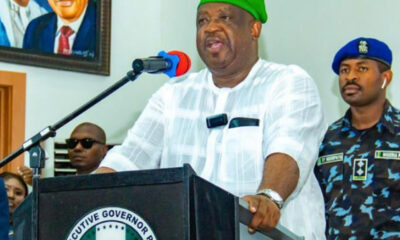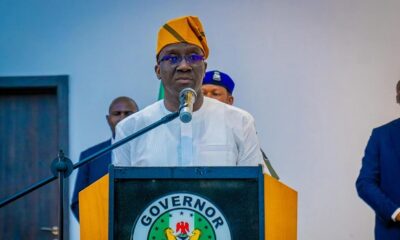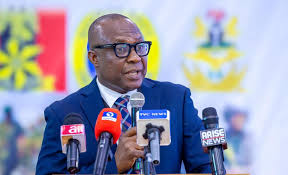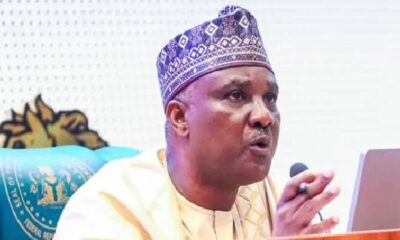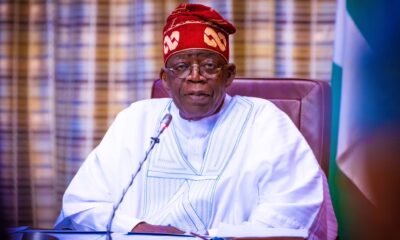Both the Senate and the House of Representatives approved the President’s request to raise N1.15tn from the domestic debt market to finance the remaining shortfall in the 2025 national budget.
At the Senate, the approval followed the consideration and adoption of a report presented by the Senate Committee on Local and Foreign Debt during plenary.
The committee, chaired by Senator Wamakko Magatarkada Aliyu (APC, Sokoto North), explained that the 2025 Appropriation Act provides for total expenditure of N59.99tn — an increase of N5.25tn from the initial N54.74tn proposed by the Executive.
This expansion, the committee said, created a total budget deficit of N14.10tn, out of which N12.95tn had already been approved for borrowing. The newly approved N1.15tn, representing the unfunded portion, will now complete the government’s deficit financing plan for the fiscal year.
Tinubu, in a letter read on the Senate floor last week, had sought legislative approval to borrow the additional N1.15tn, saying the facility was necessary “to bridge the funding gap and ensure the full implementation of government programmes and projects under the 2025 fiscal plan.”
In adopting the report, the Senate also approved a motion sponsored by Senator Abdul Ningi (PDP, Bauchi Central), mandating the Committee on Appropriations to intensify oversight to ensure that the borrowed funds are strictly applied to the purposes outlined in the budget.
The approval marks the latest in a series of borrowing measures by the Tinubu administration to sustain budget implementation amid shrinking fiscal space. Two weeks ago, the upper chamber endorsed another presidential request for an external borrowing package worth $2.847bn — including a debut $500m Sovereign Sukuk — to fund key infrastructure projects and refinance maturing Eurobonds.
According to the Senate Committee on Local and Foreign Debt, $2.347bn of that amount will be raised from the international capital market, while the remaining $500m will come through Sukuk bonds to support the 2025 fiscal framework.
Presenting that report, Senator Wamakko had justified the borrowing as “essential for Nigeria’s economic stability and to ensure that the country meets its 2025 funding needs without derailing ongoing fiscal commitments.”
The Chairman of the Senate Committee on Finance, Senator Sani Musa (APC, Niger East), similarly argued that legislative approval for the domestic loan was “very necessary so that the 2025 appropriation will be given the necessary funding.”
Corroborating this view, the Chairman of the Senate Committee on Banking, Insurance and Other Financial Institutions, Senator Adetokunbo Abiru (APC, Lagos East), explained that the borrowing would not worsen Nigeria’s debt profile since it had already been captured as part of the 2025 deficit financing.
“This is more of a compliance issue because the 2025 Appropriation Act has already captured it as part of the deficit financing. The second request is a refinancing arrangement to ensure that the country does not default in Eurobond servicing,” Abiru said.
Also contributing, Chairman of the Senate Committee on Interior, Senator Adams Oshiomhole (APC, Edo North), defended the administration’s borrowing approach, stressing that “there’s nothing wrong with borrowing if it is properly structured and used to address critical issues like unemployment and infrastructural decay.”
The Senate’s latest approval comes amid mounting public concern over Nigeria’s rising debt profile, which the Debt Management Office pegged at over N152.40tn as of mid-2025.
While critics warn that continued borrowing could push the country toward unsustainable debt levels, government officials and lawmakers insist that strategic loans remain vital for financing infrastructure, sustaining growth, and maintaining investor confidence.
Similarly, the House of Representatives approved Tinubu’s request to borrow N1.15tn to finance the 2025 budget deficit arising from the recent increase in the national budget size beyond earlier approved revenue and borrowing projections.
The approval followed the consideration and adoption of the report of the House Committee on Aids, Loans, and Debt Management during plenary on Wednesday.
Presenting the report, the Committee Chairman, Abubakar Nalaraba (APC, Nasarawa), urged the House in the Committee of Supply to approve “the sum of N1.15tn as a borrowing programme in the domestic debt market to close the unfunded deficit gap created by the increase in the budget size, over and above the prior approved revenue and borrowing plans.”
Tinubu had earlier made the request in a letter addressed to the Speaker of the House, Tajudeen Abbas, and read on the floor last week by Deputy Speaker Benjamin Kalu, who presided in the Speaker’s absence. The President, in the letter, explained that the additional borrowing was necessary to balance the 2025 budget in line with the Fiscal Responsibility Act (FRA), 2007.
“I write to kindly request the approval of the National Assembly to establish a N1.15tn borrowing programme in the domestic debt market to close the unfunded deficit gap created by the increase in the budget size,” Tinubu stated.
He noted that the National Assembly had passed a N59.99tn budget — an upward review of N5.25tn from the N54.74tn proposal initially submitted by the Executive — thereby widening the deficit to N14.10tn.
“However, the borrowing provision approved in the budget was N12.95tn, leaving an unfunded deficit of N1,147,462,863,321.39. It is, therefore, necessary to increase the domestic borrowing limit in the 2025 budget by this amount to close the gap,” the letter added.
Citing Sections 44(1) and (2) of the Fiscal Responsibility Act, 2007, Tinubu stressed that all new borrowings by the Federal Government require the approval of the National Assembly.
Following deliberations, the House granted the request, paving the way for the Federal Government to raise the additional N1.15tn from the domestic debt market.
The PUNCH had exclusively reported on Wednesday that lawmakers failed to consider a single item on Tuesday’s Order Paper, expressing displeasure over the poor implementation of the capital components of the 2025 budget. As a result, no plenary was held on Tuesday.
punch.ng
FOLLOW US ON:

